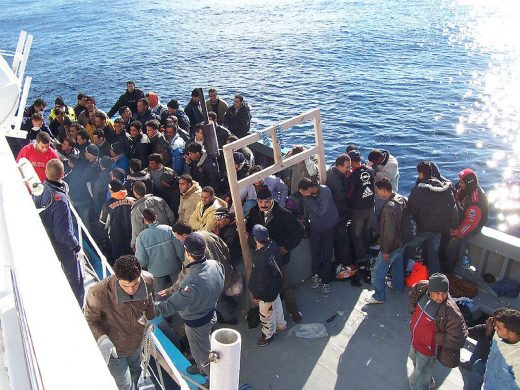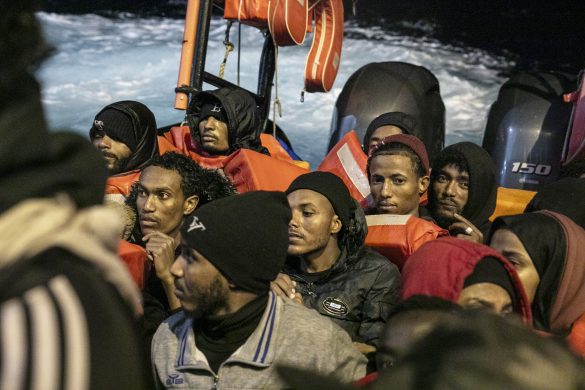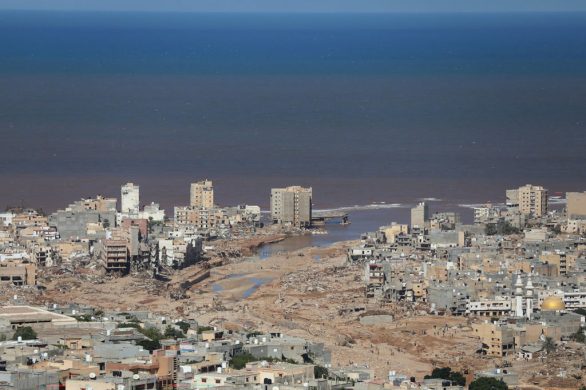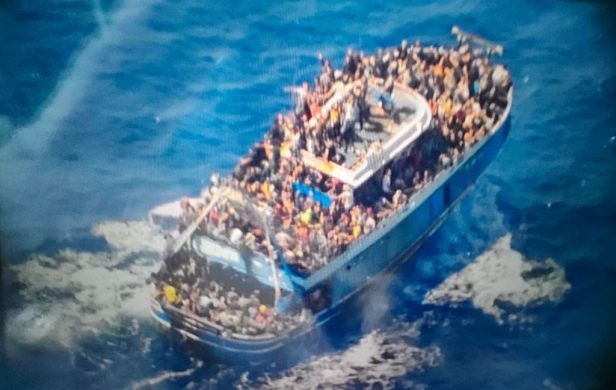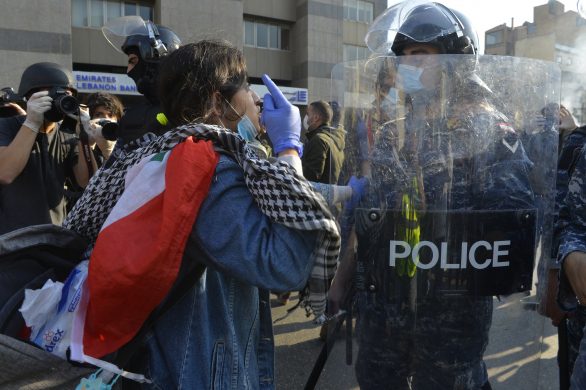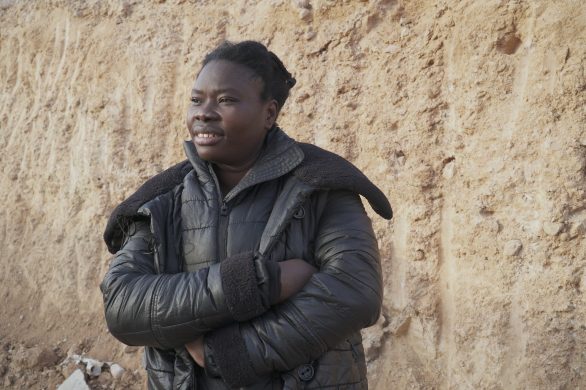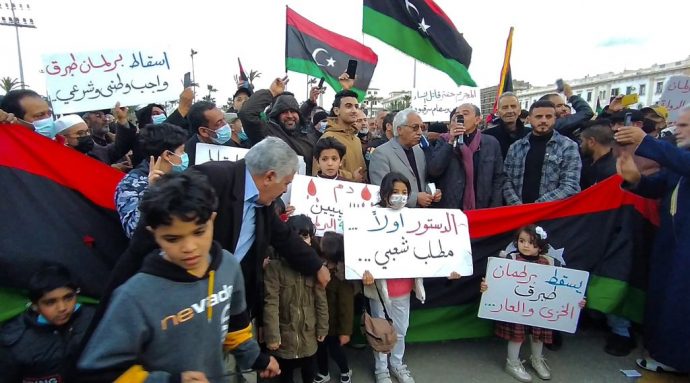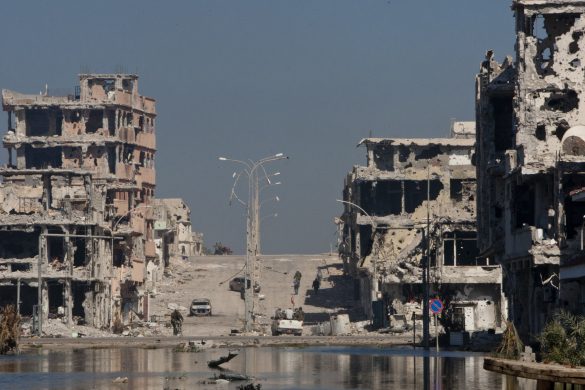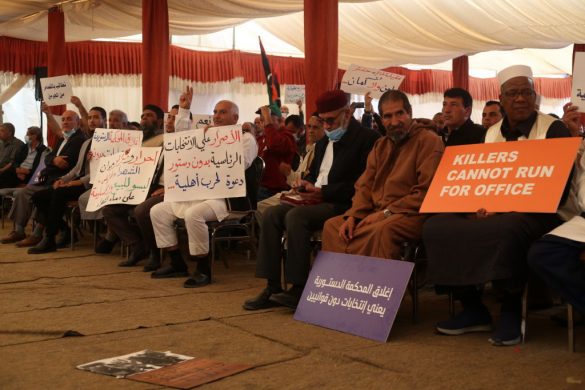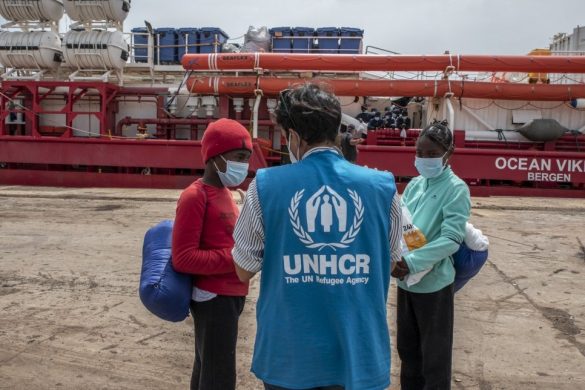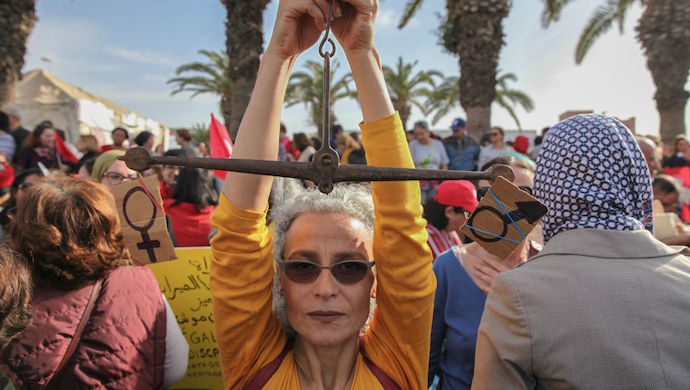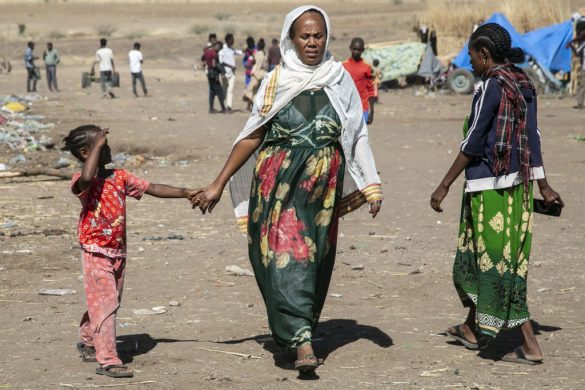Refugees and migrants across Libya face rape, torture and abductions for ransom by traffickers and smugglers, as well as systematic exploitation by their employers, religious persecution and other abuses by armed groups and criminal gangs, according to a new Amnesty International briefing published today.
”Libya is full of cruelty”: Stories of abduction, sexual violence and abuse from migrants and refugees exposes the full horror and plight of refugees and migrants in Libya, many of whom are driven to risk their lives in treacherous sea crossings in a desperate attempt to reach sanctuary in Europe.
“The ghastly conditions for migrants, coupled with spiralling lawlessness and armed conflicts raging within the country, make clear just how dangerous life in Libya is today. With no legal avenues to escape and seek safety, they are forced to place their lives in the hands of smugglers who callously extort, abuse and attack them,” said Philip Luther, Amnesty International’s Middle East and North Africa Director.
“The international community has stood and watched as Libya has descended into chaos since the 2011 NATO military campaign ended, effectively allowing militias and armed groups to run amok. World leaders have a responsibility and must be prepared to face the consequences, which include greater levels of refugees and migrants fleeing conflict and rampant abuse in Libya. Asylum-seekers and migrants are among the most vulnerable people in Libya and their plight must not be ignored.”
The ghastly conditions for migrants, coupled with spiralling lawlessness and armed conflicts raging within the country, make clear just how dangerous life in Libya is today. With no legal avenues to escape and seek safety, they are forced to place their lives in the hands of smugglers who callously extort, abuse and attack them
Philip Luther, Amnesty International Director for the Middle East and North Africa
For years Libya has been both a destination and a transit country for refugees and migrants fleeing poverty, conflict or persecution in sub-Saharan Africa and the Middle East.
Many come to Libya hoping to reach Europe.
But the rise of lawlessness and threat posed by armed groups has exacerbated the risks they face, leading even established communities of migrants who have been living and working in Libya for years to flee to Europe by boat.
Abuses in immigration detention centres where thousands of migrants and refugees, including children, face indefinite detention in deplorable conditions are another reason why so many are trying to leave.
With fewer viable routes overland to reach sanctuary in Europe, Syrian refugees are also among those travelling to Libya to attempt dangerous sea crossings towards European shores.
At a special summit held in Brussels last month, the European Council announced plans to increase resources for search and rescue operations in the Mediterranean.
“The commitment made by EU leaders to deploy more resources for search and rescue is a welcome step, but more people will continue to drown in the Mediterranean Sea unless rescue vessels are delivered promptly, deployed in areas where they are needed most – where most calls for help come from – and remain available for as long as high numbers of refugees and migrants continue to depart from Libya,” said Philip Luther.
The European Council also announced plans to intensify efforts to identify, capture and destroy vessels before they are used by smugglers.
These measures are likely to be discussed at today’s meeting between the EU Foreign Minister Federica Mogherini and the UN Security Council.
If implemented, the measures could lead to thousands of migrants and refugees being trapped in a conflict zone.
Introducing measures to tackle smugglers without providing safe alternative routes out for the people desperate to flee conflict in Libya, will not resolve the plight of migrants and refugees
Philip Luther
“Introducing measures to tackle smugglers without providing safe alternative routes out for the people desperate to flee conflict in Libya, will not resolve the plight of migrants and refugees,” said Philip Luther.
Egypt and Tunisia have also tightened border restrictions fearing a spillover of the conflict in Libya, leaving migrants and refugees whose passports have often been stolen or confiscated by smugglers, criminal gangs or their Libyan employers with no other feasible route out of the country except to embark on a perilous sea journey to Europe.
“The world cannot continue to ignore its obligation to grant sanctuary to anyone fleeing such dreadful abuse. Neighbouring countries, including Tunisia and Egypt, must keep their borders open to ensure anyone fleeing violence and persecution in Libya is granted safe refuge,” said Philip Luther.
Amnesty International is also calling for wealthy countries to increase the number of resettlement places for vulnerable refugees and for the international community to take effective steps to urgently address human rights abuses and serious violations of international humanitarian law being committed by all sides in Libya.
Religious persecution
Læs hele artiklen og find rapporten hos Amnesty International

